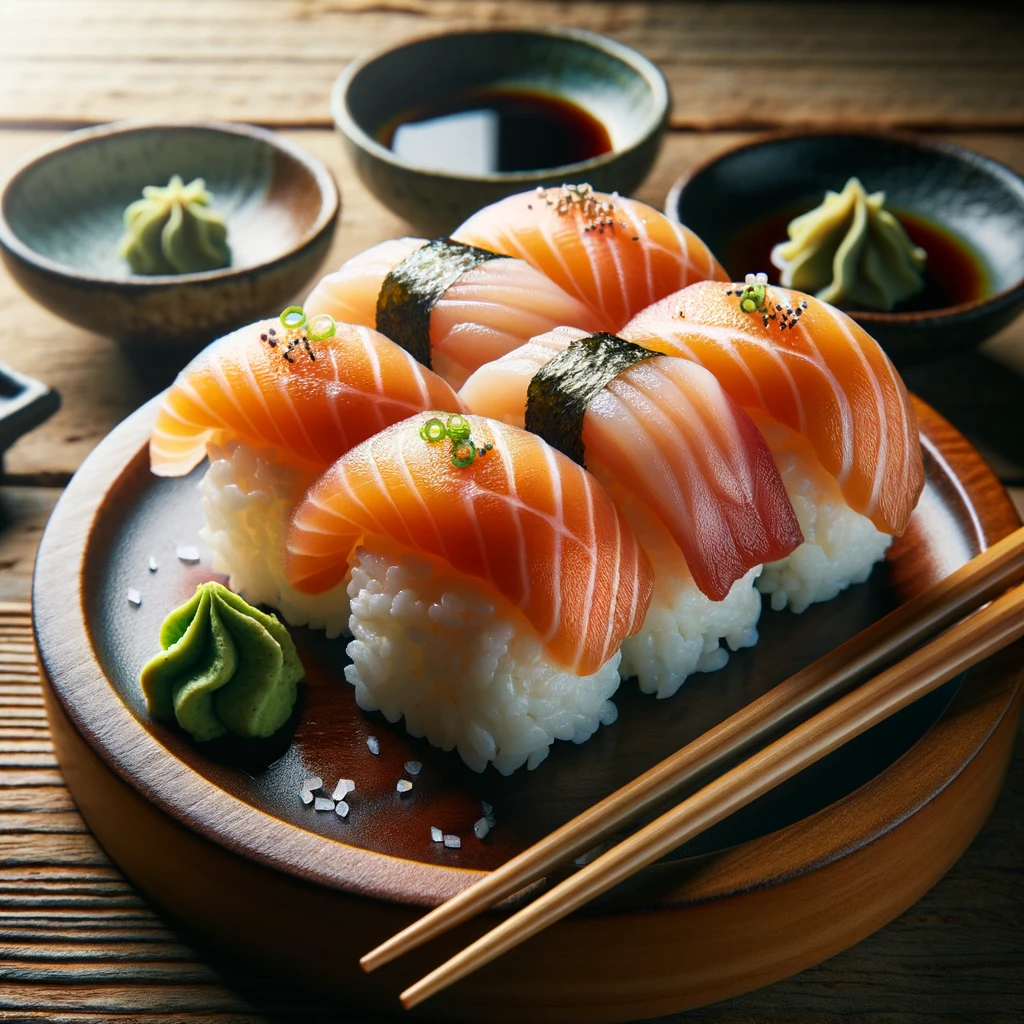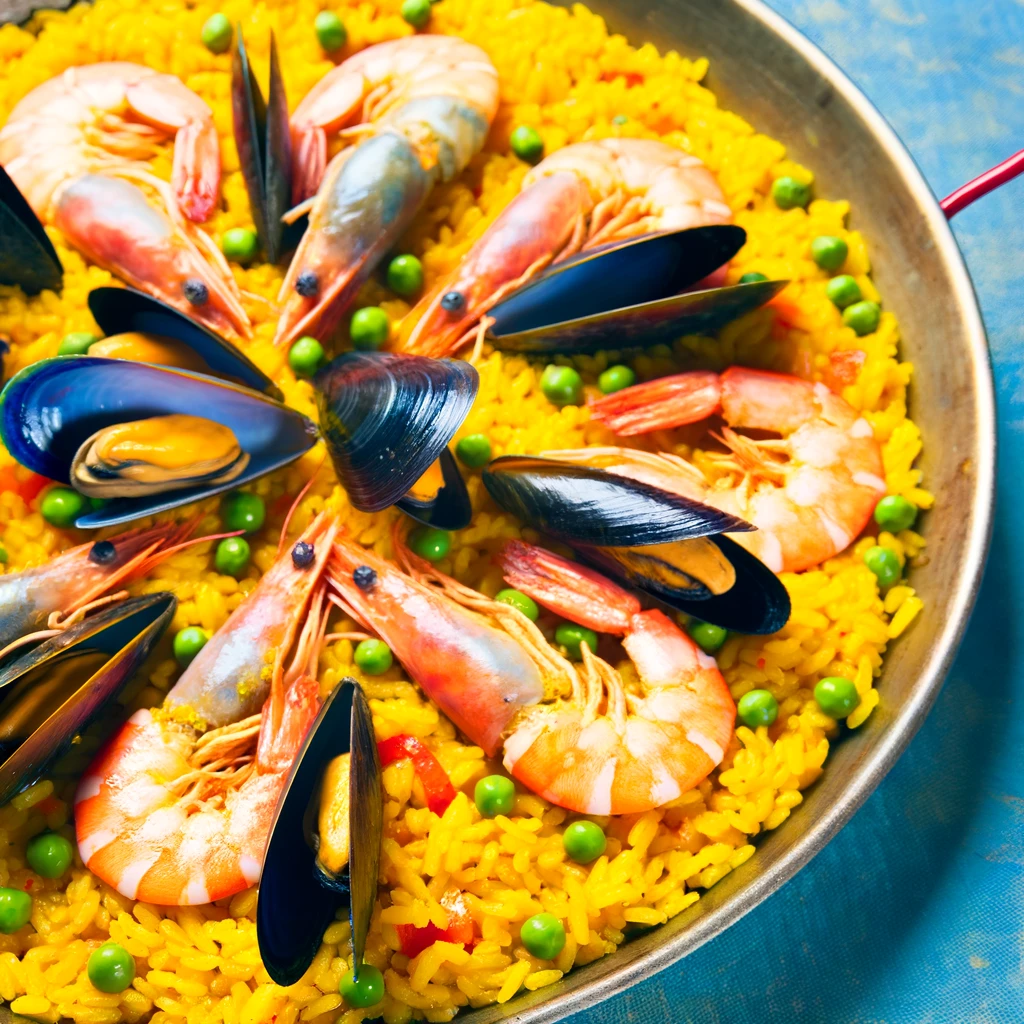The rich tapestry of sushi’s history is one that transcends borders, cultures, and time. With its origins deep-rooted in ancient Japanese traditions, sushi has evolved into a global phenomenon, adapting and innovating with each cultural exchange. Today, sushi is not just a dish; it’s a testament to the harmonious blending of art, history, and flavors.
History of Sushi
Sushi’s origins trace back to Southeast Asia around the 4th century BC, with a dish called “namasu,” which was fish fermented with rice. The primary purpose of the rice was not for consumption but to aid in the fermentation of the fish. Later, in the 8th century, this culinary technique reached Japan, where it underwent several modifications. It was during the Edo period (1603-1868) that the form of sushi we recognize today began to take shape. The innovative Edo-style sushi was a form of fast food, where fresh fish from Tokyo Bay was combined with vinegared rice to be consumed immediately, without the need for fermentation.
Sushi’s Global Footprint
The 20th century saw sushi setting sail from its homeland to global shores. It was first introduced to the U.S. in the early 1900s by Japanese immigrants. However, it was not until the 1960s that sushi began to gain popularity among Americans, especially in California. Recognizing the need to cater to the local palate, chefs in Los Angeles created the now-famous “California Roll,” substituting toro (fatty tuna) with avocado.
Sushi’s entry into Europe was equally transformative. In the UK, for instance, sushi adapted to the British penchant for sandwiches, leading to the invention of the sushi sandwich or “sushi burger.”
Sushi Today: A Cultural Exchange
Today, sushi bars can be found in almost every major city worldwide, each offering their unique take on this traditional dish. From Brazil’s “Temaki” to Norway’s salmon sushi (thanks to Norway’s salmon export strategies in the 1980s), sushi has showcased an incredible ability to adapt and appeal to diverse tastes.
In Conclusion
Sushi’s journey from the shores of Japan to global tables is a tale of innovation, adaptability, and the universal human love for good food. As sushi continues to evolve, it remains a dish that celebrates both tradition and innovation, a reflection of the ever-evolving nature of food and culture.
External Links:



